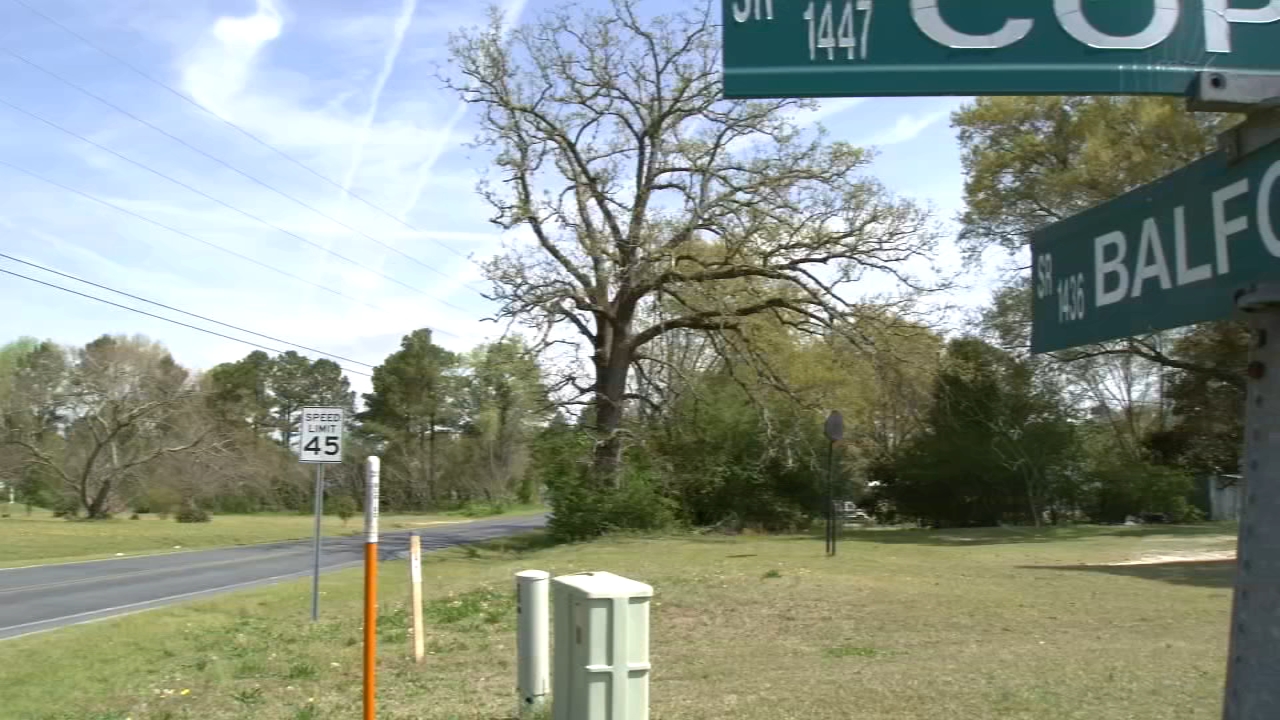Initial communications to agencies begin on possible November 2023 government shutdown
Lawmakers on Capitol Hill have yet to settle on a plan to avoid a shutdown by November 17
WASHINGTON -- The White House Office of Management and Budget on Thursday began its initial communications to agencies on how to prepare for a possible government shutdown, a source familiar with the plans said, as lawmakers on Capitol Hill have yet to settle on a plan to avoid a shutdown by November 17.
The communications are part of the standard procedure laying out the steps toward bringing non-essential government functions to a halt.
"One week prior to the expiration of appropriations bills, regardless of whether the enactment of appropriations appears imminent, OMB will communicate with agency senior officials to remind agencies of their responsibilities to review and update orderly shutdown plans, and will share a draft communication template to notify employees of the status of appropriations," a budget circular document from the Office of Management and Budget states.
Every department and agency has its own set of plans and procedures. Those plans include information on how many employees would get furloughed; which employees are essential and would work without pay (for example, air traffic controllers, Secret Service agents, US Centers for Disease Control and Prevention laboratory staff); how long it would take to wind down operations in the hours before a shutdown; and which activities would come to a halt.
The guidance comes as House Speaker Mike Johnson has yet to outline a path forward for avoiding a government shutdown. Senate Majority Leader Chuck Schumer on Thursday took the first procedural step to put a government funding bill on the floor that the chamber could pass to avoid a shutdown. It amounts to a backstop measure that could be used if the GOP-controlled House isn't able to pass a continuing resolution free of controversial measures that Democrats oppose. If the Senate were to pass it, the House would still have to approve it to avert a shutdown.
Speaking to reporters ahead of a trip to Illinois, President Joe Biden called on the House of Representatives to "get to work" as a shutdown draws closer.
"I wish the House would just get to work. I'm not being facetious ... that's not just a political statement. The idea that we're playing games with a shutdown at this moment in history is bizarre," Biden said.
White House principal deputy press secretary Olivia Dalton framed what could transpire next week as an "extreme Republican shutdown."
"The clock is ticking. We're just eight days from a shutdown that would undermine our economy and national security, hurting families and businesses across our country in the process," Dalton said. "An extreme Republican shutdown would force service members and law enforcement officers to work without pay, risk significant delays for travelers, undermine public health, and cut off funding for small businesses. That is unacceptable."
This will be the second time in as many months that the government has started preparations for a possible shutdown. Departments and agencies began winding down operations in the final week of September as Congress barreled toward a shutdown, which was averted just hours before the deadline when then-House Speaker Kevin McCarthy put a stopgap measure on the floor - a move that ended up costing him the speakership.
The government shutdown for a record 35 days from December 2018 to January 2019 amid a congressional stalemate over funding for then-President Donald Trump's border wall. The also government shut down for three days over a deadlock during the Trump administration in January 2018. And in 2013, then-President Barack Obama presided over a 16-day partial government shutdown caused by a dispute over the Affordable Care Act and other budget disagreements.
(The-CNN-Wire & 2023 Cable News Network, Inc., a Time Warner Company. All rights reserved.)










